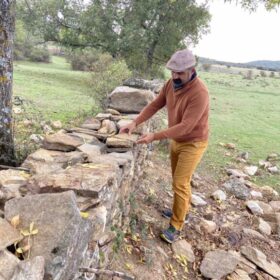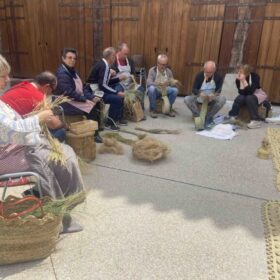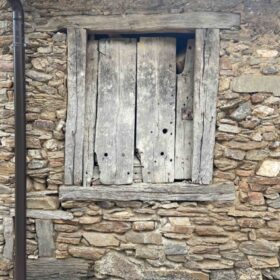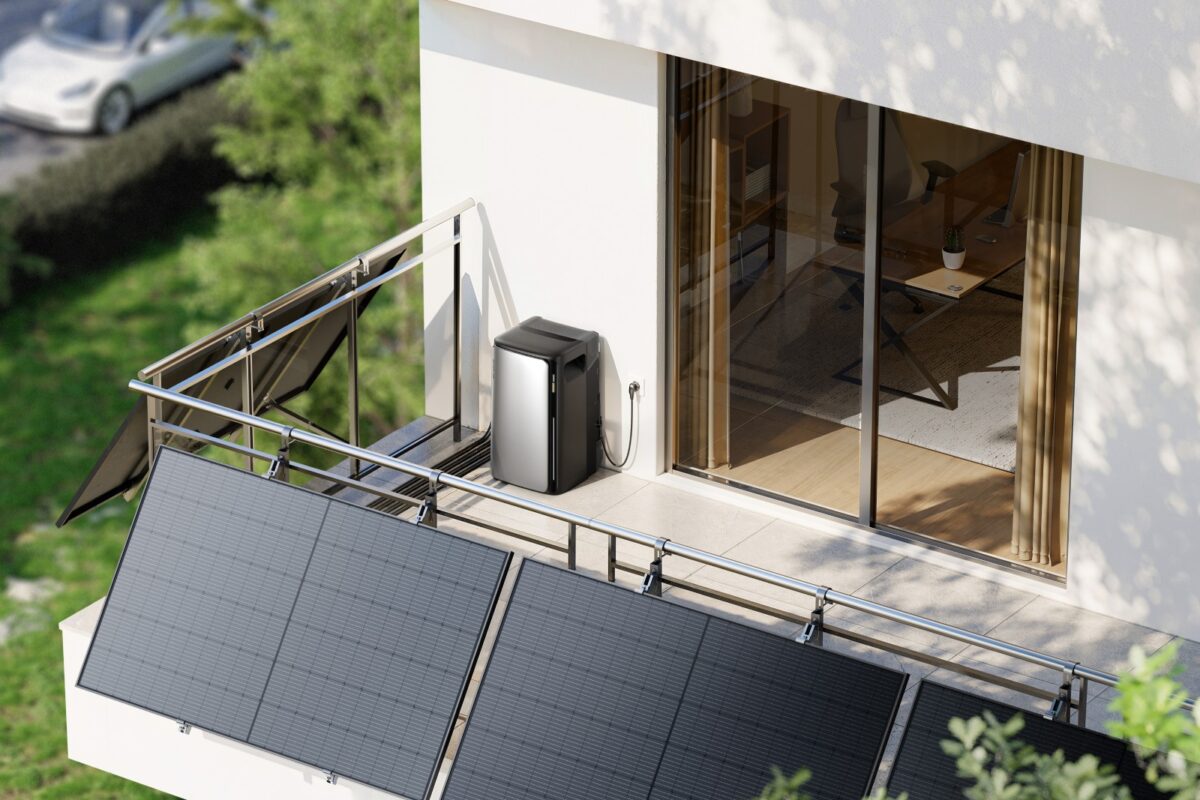From pv magazine Spain
The energy transition is a reality in Spain, where rural areas are at the center of deployment. Given that they contribute part of their resources, there is a debate between public acceptance of renewable projects and the distribution of benefits that must be considered for local communities.
Compensatory measures seek to account for this impact. The most common proposed solutions are drinking fountains, shelters for wildlife, and the reconstruction of sports facilities and daycare centers.
“We believe that compensatory measures can go further,” said Concha Maza, co-founder of Spanish startup On Social 2, told pv magazine. “They can be a driving force for long-term employment and cultural recovery.”
This perspective calls for connecting people and building links between those who provide natural resources, in time and space, and those who provide technology and industrial and sustainable economic development.
“We seek to promote local employment through local development agencies, traditional knowledge and cultural and natural heritage,” the company said.
This content is protected by copyright and may not be reused. If you want to cooperate with us and would like to reuse some of our content, please contact: editors@pv-magazine.com.






1 comment
By submitting this form you agree to pv magazine using your data for the purposes of publishing your comment.
Your personal data will only be disclosed or otherwise transmitted to third parties for the purposes of spam filtering or if this is necessary for technical maintenance of the website. Any other transfer to third parties will not take place unless this is justified on the basis of applicable data protection regulations or if pv magazine is legally obliged to do so.
You may revoke this consent at any time with effect for the future, in which case your personal data will be deleted immediately. Otherwise, your data will be deleted if pv magazine has processed your request or the purpose of data storage is fulfilled.
Further information on data privacy can be found in our Data Protection Policy.